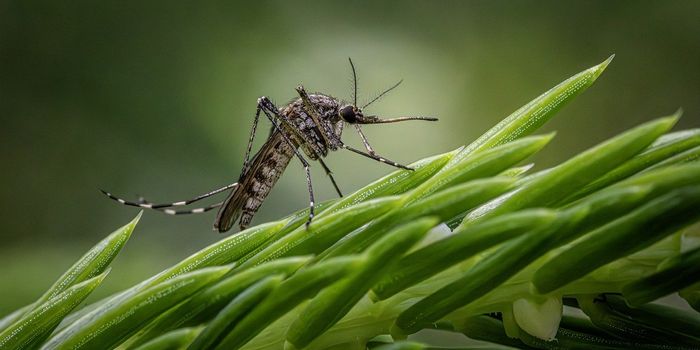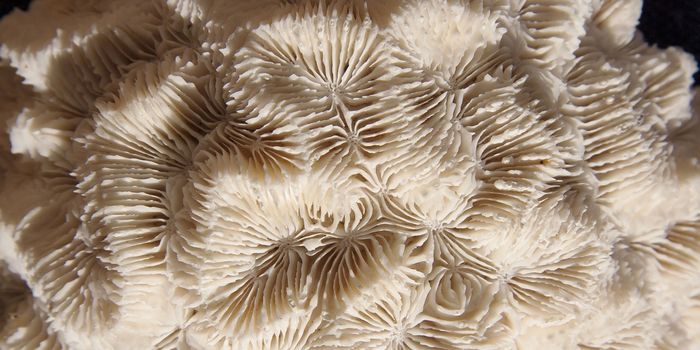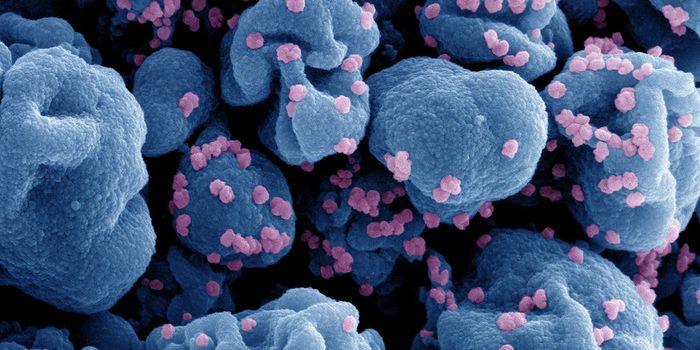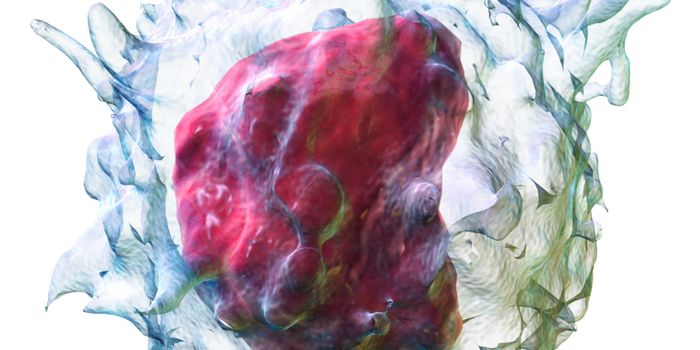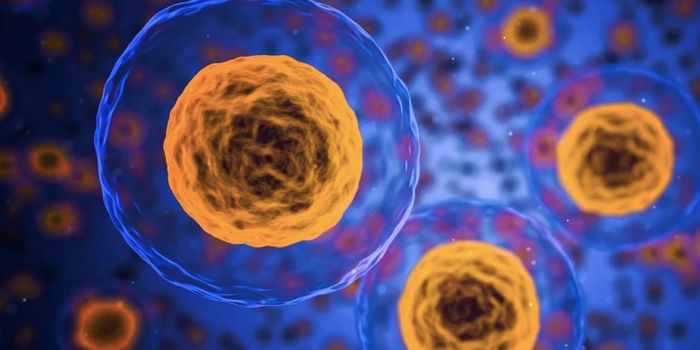How the Thymus Trains the Immune System
For centuries, the thymus was dismissed as a vestigial organ. But in the 60s, researchers suggested that it was actually very important to T cells. Later work showed how important the thymus is to the immune system, and that T cells mature and learn how to react against invaders there. New research has revealed more about that process. Reporting in Cell, scientists showed that special cells in the thymus can take on different identities that resemble other cell types in the body. This process exposes maturing T cells to cells of the self, so they won't target those self-antigens for attack when they eventually encounter them in the body.
"Think of it as having your body recreated in the thymus," explained study senior author Diane Mathis, a professor of immunology at Harvard Medical School. "For me, it was a revelation to be able to see with my own eyes muscle-like cells in the thymus or several very different types of intestinal cells."
The immune system has to be ready to respond to a pathogen right away, and it also has to be carefully controlled. An immune system that goes awry, whether it cannot be turned off or starts attacking its own body, can be deadly. The immune system has to be trained well, or else.
T cells are on the front lines of the immune system. Immature T cells are trained in the thymus, and they learn how to recognize problematic cells, like cancer, or infections. T cells can mount an immune response when necessary and can hold a kind of memory of past infections so our body responds to them more quickly when they're encountered again. But how can T cells know which cells it should, or should not, start to attack?
"T cells get educated in the thymus, but the thymus is not a gut, it's not a pancreas," noted first study author and Harvard Medical School MD/PhD student Daniel Michelson. "There's no reason why these T cells should be able to recognize these organs before they leave the thymus."
This research brings new findings together with old observations; there are cells in there thymus that resemble other cell types that are found in muscle, skin, or intestine. These mimicking cells are acting like teachers. The identity of a cell is largely defined by the genes it expresses, so these special thymic cells use transcription factors, which control gene expression, to take on different identities by expressing certain genes normally expressed in other tissues. The immature T cells in the thymus can then learn to recognize many types of cells of the self in the thymus, in a kind of training program.
The T cells that don't do well in training, and attack self-antigens are then repurposed into other cell types, or programmed to self destruct. The thymus can eliminate autoreactive cells, said Michelson.
This work also indicated that a protein called AIRE, which had been thought to be an important part of self-reactive T cell elimination, is actually not the only protein involved. The researchers suggested that the cells identified in this study could be related to autoimmune disorders too, and they are planning to follow up on that hypothesis.
Sources: Harvard Medical School, Cell


